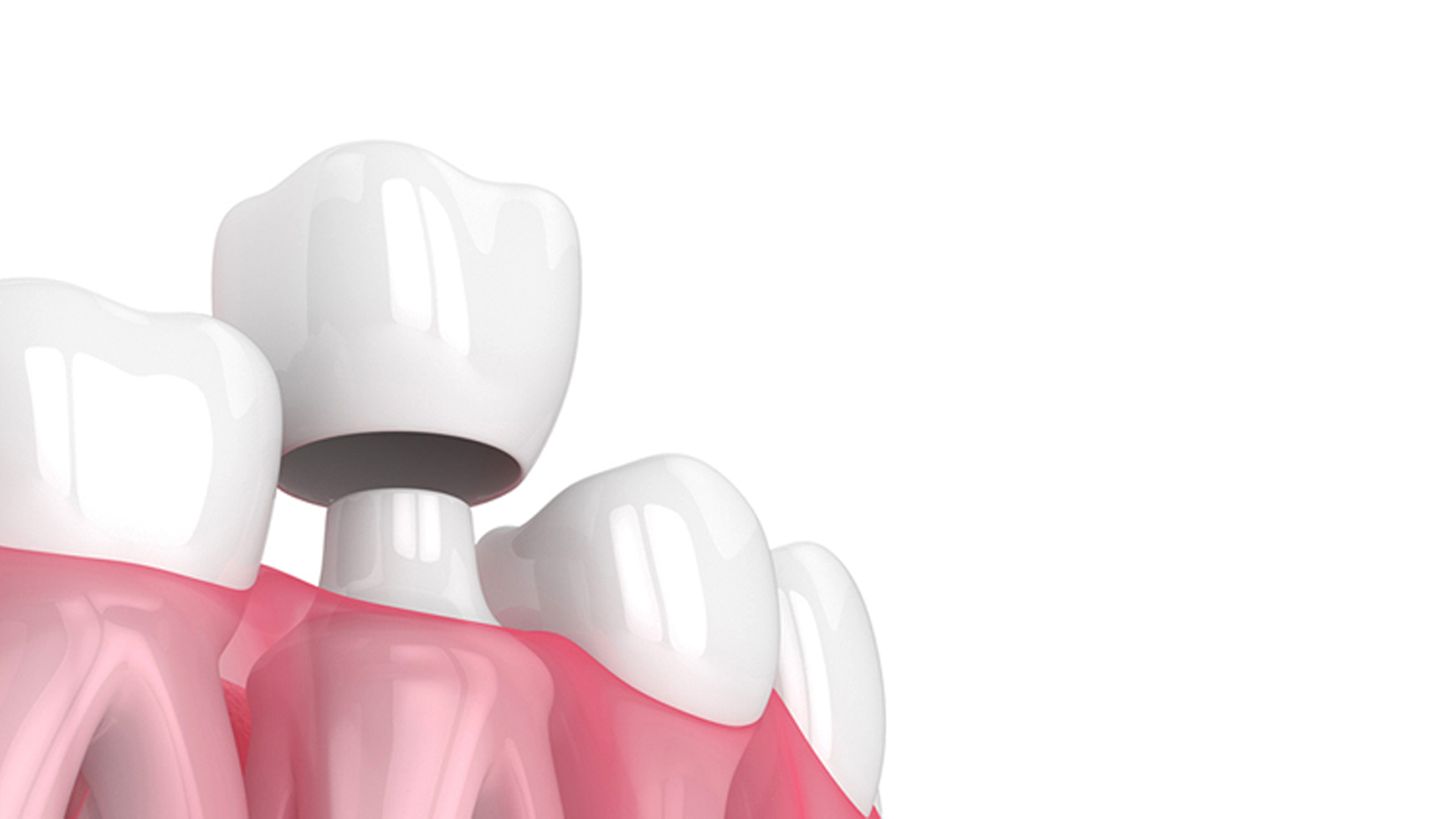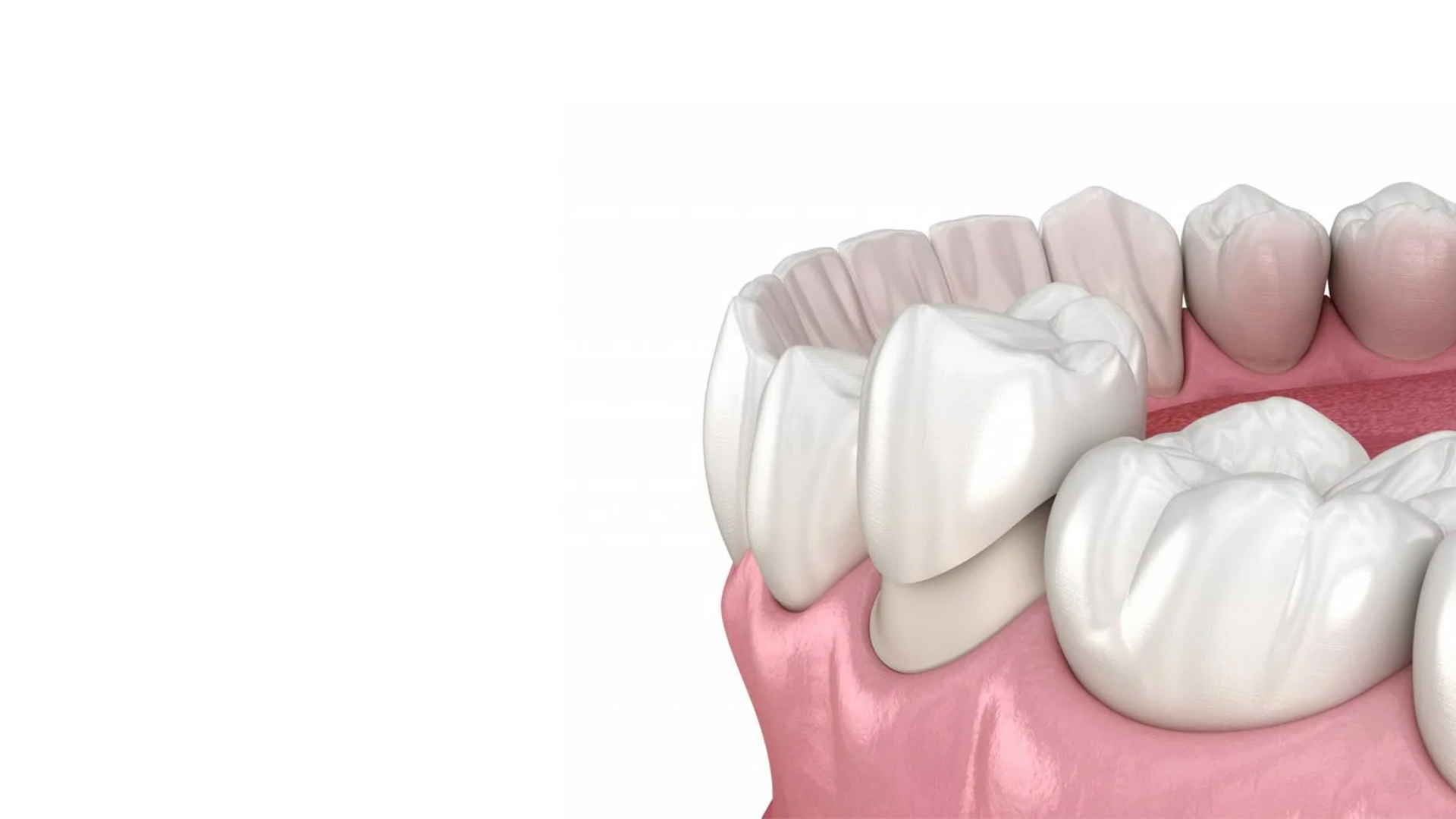Zirconia Dental Crowns & Cost in Turkey
What are Zirconia Dental Crowns?
Zirconia dental crowns, also known as zirconium crowns, are dental crowns made from zirconium dioxide, a white ceramic material in powder form. These prosthetics are incredibly strong and durable due to their ceramic properties and being milled from a single block. Because of their strength, thinner crowns can be used, which means less tooth tissue needs to be removed during placement. Our main aim is to preserve as much of your natural tooth as possible to ensure a healthy smile in the future. Zirconia crowns have natural white properties and ceramic properties, making them easy to match with the rest of your smile. They come in a variety of forms, each with a different level of translucency, and your dentist can choose the perfect one for a seamless match.
How Much Does a Zirconia Crown Cost in Turkey?
In many cases, a crown can effectively restore severely damaged teeth. The cost of a crown is primarily determined by the material used in its construction. These materials can include porcelain, ceramic, metal, or a combination of them. On average, the cost of a crown ranges from $1,000 to $1,500, with some reaching up to $2,500.
Turkey has the advantage of procuring high-quality materials and equipment from well-known manufacturers at a lower cost than other nations. This implies that dentists can utilize the same quality of implant materials as those used in Europe or America but at a more affordable price.The cost of a single zirconia dental crown in Turkey typically falls between $350 and $1100. However, the price may vary depending on your specific requirements and preferences. To provide you with an estimate of how much you can save by opting for dental implants in Turkey as opposed to other countries.
Benefits of Choosing Zirconia Crowns
Zirconia crowns are a great option for those looking for a biocompatible and aesthetically pleasing solution for tooth restoration. Since they are metal-free, the chances of surrounding tissue becoming irritated or rejecting the crown are very low. Zirconia has been used in medical procedures since the 1960s for prosthesis surgeries on hips, fingers, and ears, making it a safe and trusted material. The lack of metal in zirconia crowns also provides a natural-looking appearance since the white coloring mimics that of natural teeth. This means you won’t have to worry about feeling self-conscious about any glaringly obvious silver or gold when you smile. Additionally, as gums typically recede with age, zirconia crowns won’t develop the tell-tale gray line seen with porcelain-fused-to-metal crowns. Zirconia’s strength makes it an excellent choice for restoring molars, which take on the most force during biting and chewing. Other materials may eventually crack under this pressure, requiring costly repairs or replacement. With proper preventive and routine care, zirconia crowns can last for years, even decades. While zirconia crowns may not be natural teeth, they still require the same care as the rest of your teeth. Brushing twice a day and flossing once each day helps to ensure optimal oral health, contributing to the longevity of your crown.
When considering getting a crown for your teeth, it’s important to understand the different types of dental crowns available and their associated costs. There are various types of crowns that vary in materials used, cost, procedures involved, and patient needs.The most common types of crowns used in dentistry today include:
– Gold Crowns: These crowns are made from a combination of copper and other metals like nickel or chromium. Gold crowns are known for their strength and durability.
– All Porcelain Crowns: This is the most popular type of crown today. They are made entirely of porcelain material.
– Porcelain Fused-to-Metal (PFM) Crowns: These crowns are widely used and offer both strength (due to their metal structure) and aesthetic appeal (due to the porcelain coating).
– Zirconia Crowns: Zirconia is a newer material that combines the strength of metal with the aesthetics of porcelain crowns. High translucent zirconia and layered zirconia crowns have become increasingly popular.
– E-MAX: Lithium Disilicate Crowns: This is the newest type of crown available. It’s an all-ceramic crown made of lithium disilicate, which is both lightweight and thin.
Zirconia Crowns: The Ideal Choice for Strength, Durability, and Aesthetics
Zirconia crowns are made from zirconium dioxide, a material related to titanium. They are incredibly strong and resistant to fracture. With proper oral care and regular dental visits, zirconia crowns can last up to 15 to 20 years. Restorative dental procedures require biocompatible materials that can withstand the forces of chewing. Zirconia is a great choice as it offers greater strength than porcelain crowns, making it ideal for patients with a history of fractured or broken crowns. It can withstand the pressures exerted by nail-biting or teeth-grinding, reducing the need for additional prosthetic reconstruction in the future. Zirconia also resists staining from coffee, tea, wine, and nicotine, making it a preferred choice for patients who prioritize a natural-looking smile. While adjustments in the color of the crown may be necessary over time, the natural teeth can be preserved, ensuring overall dental health. Zirconia is hypoallergenic, with a high compatibility with the human body, and is well-tolerated by even the most sensitive patients. It also has a natural appearance that blends in well with natural teeth, although it may be better suited for teeth at the back of the mouth. If used on front teeth, it can be layered with porcelain to give it a seamless appearance that fits better with the overall aesthetic.


